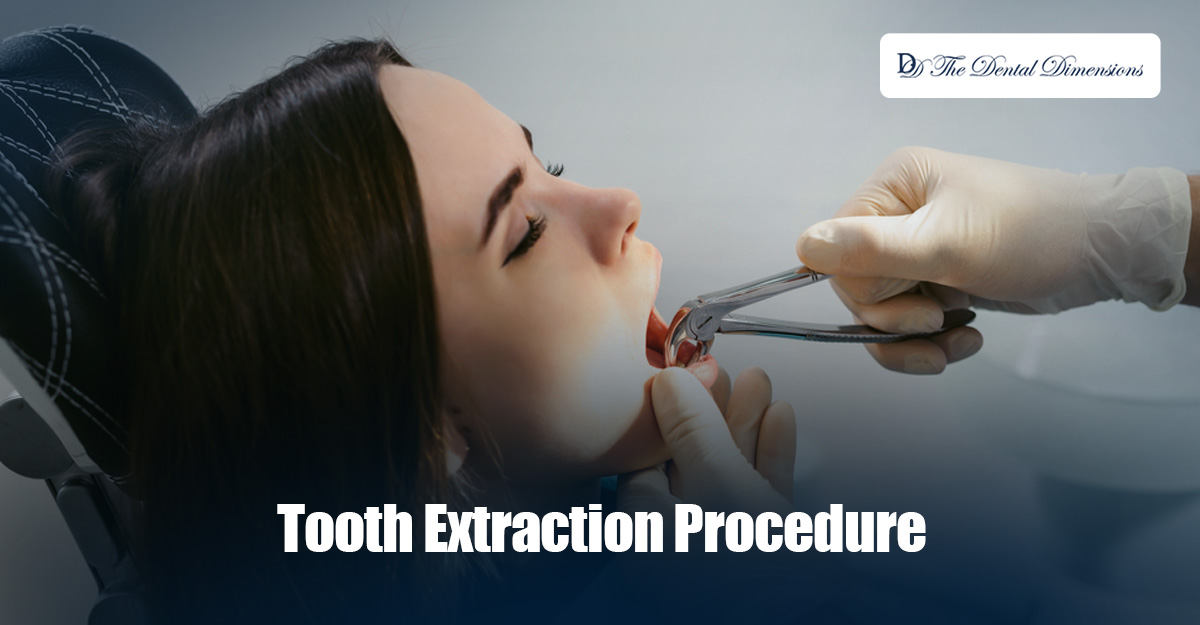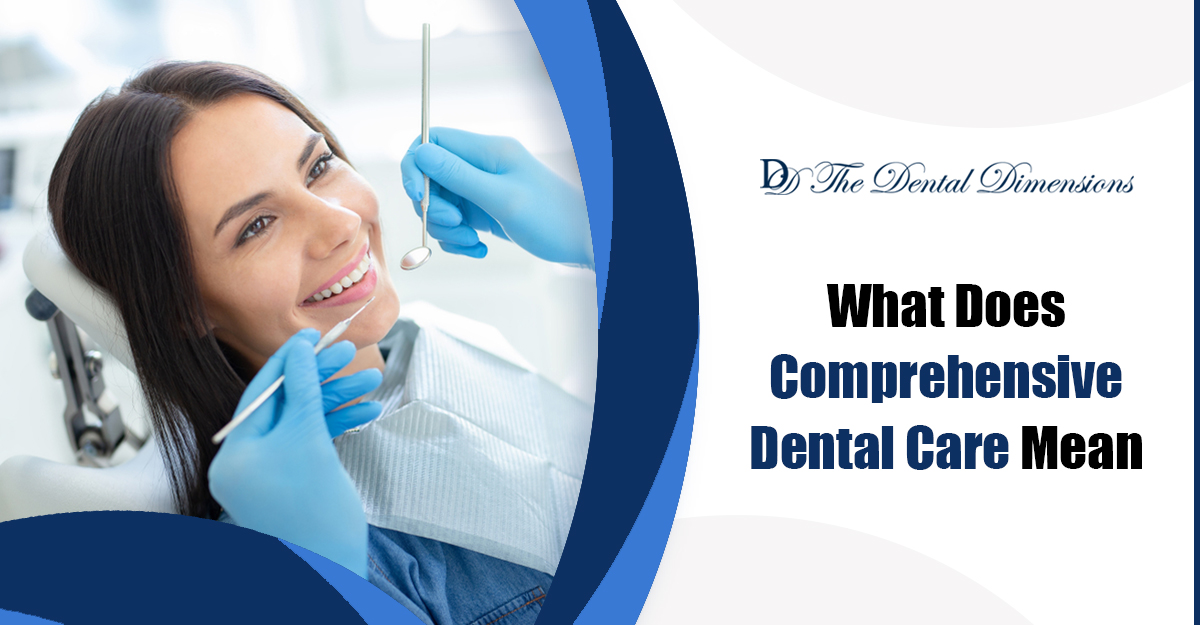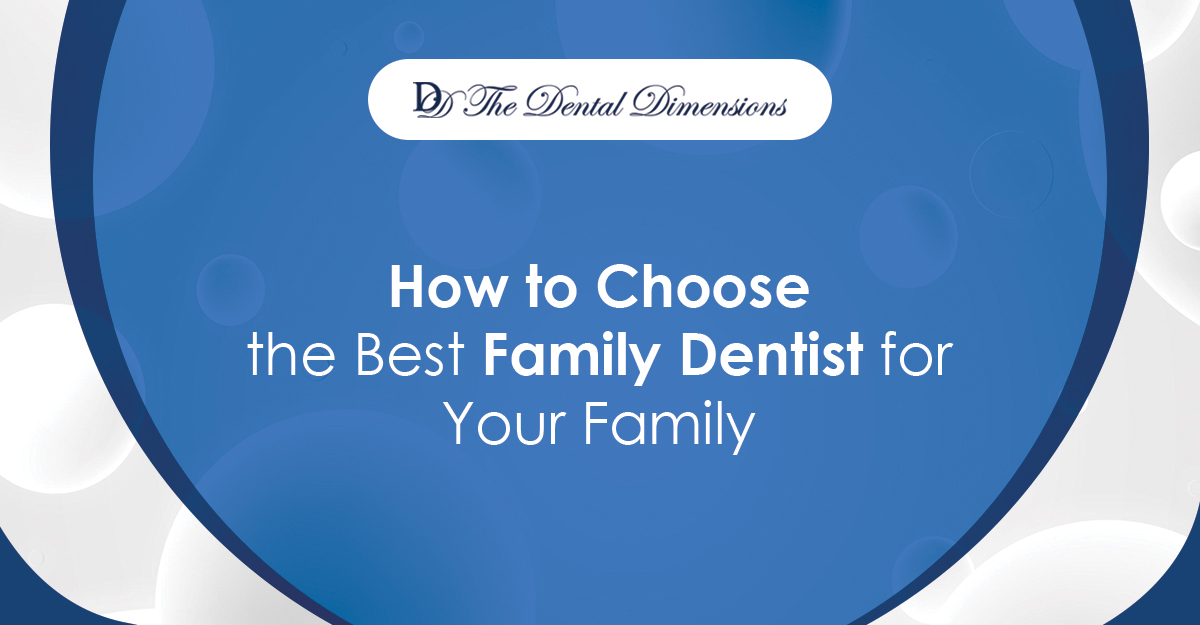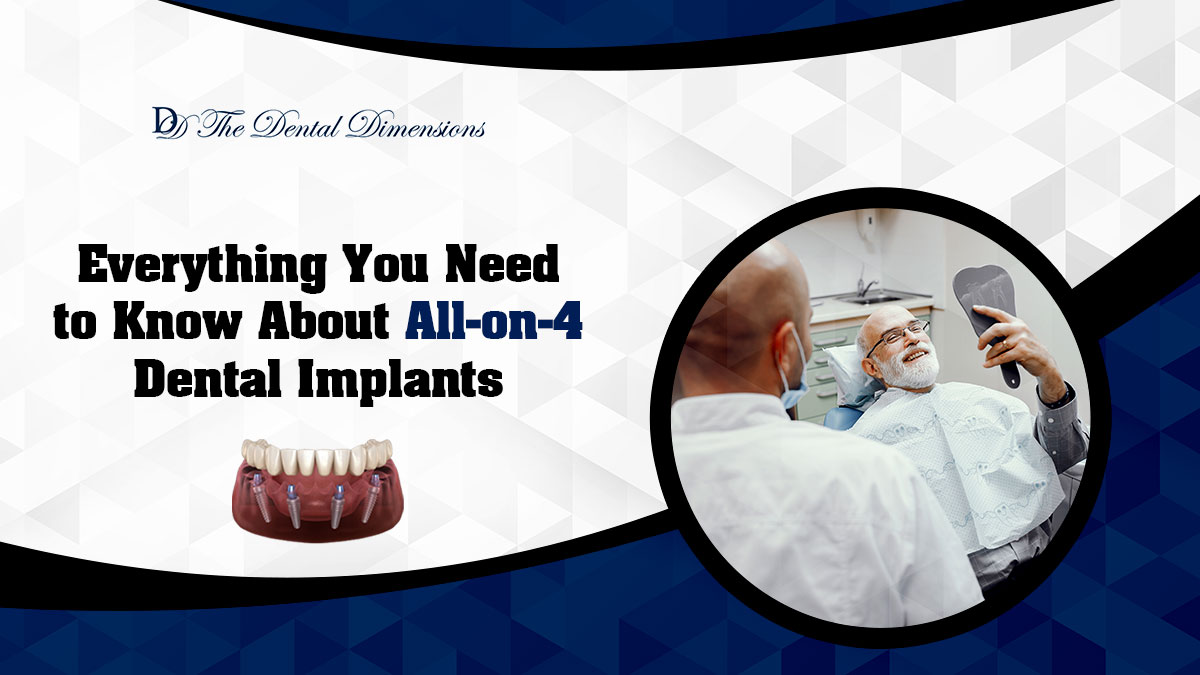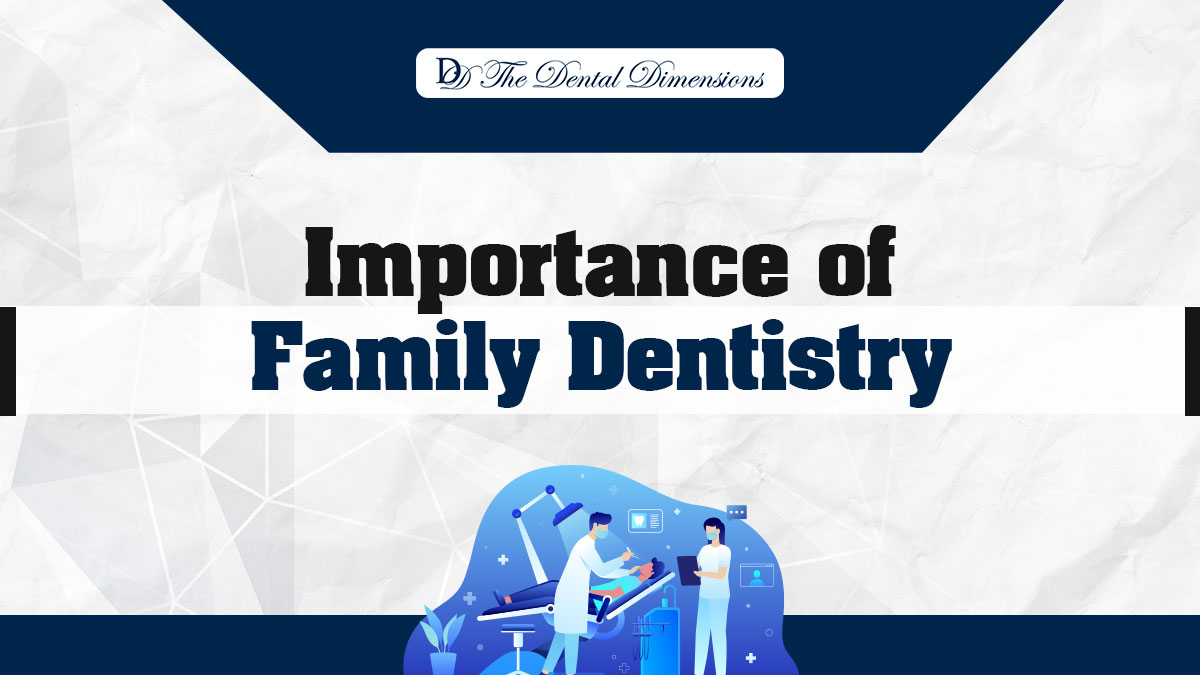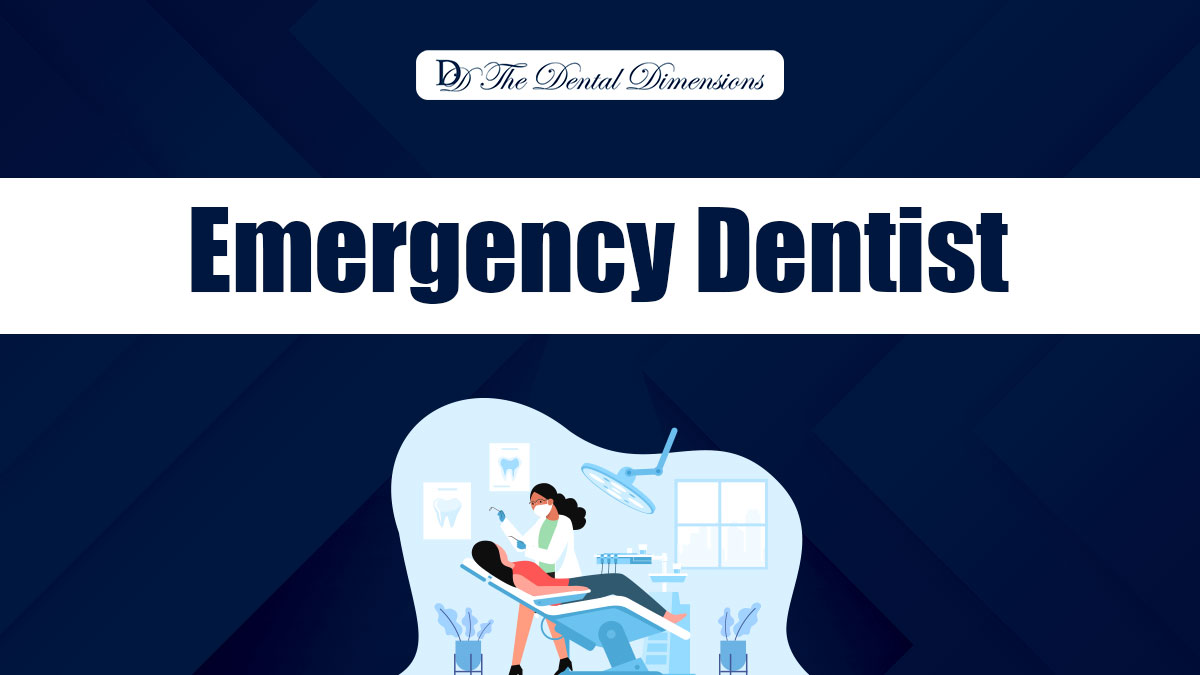When it comes to dental health, tooth extraction is one of the most common procedures people face. Whether it’s due to decay, overcrowding, or other oral health concerns, knowing what to expect can help you feel more confident and prepared. At The Dental Dimensions, we’re here to guide you through the process and ensure you receive the best care possible.
In this blog, we’ll break down everything you need to know about tooth extraction: when it’s necessary, the procedure itself, and how you can take care of your mouth afterward. Let’s dive in!
What Is Tooth Extraction?
Tooth extraction is the removal of a tooth from its socket in the bone. While it may sound daunting, it’s a routine procedure performed by skilled dental professionals, like those at The Dental Dimensions, to help maintain your oral health.
You might need a tooth extraction for several reasons, including:
- Severe tooth decay or infection: When a tooth is beyond repair, extraction can prevent the spread of infection.
- Overcrowding: If your mouth doesn’t have enough space for all your teeth, certain teeth might need to be removed, especially before braces or other orthodontic treatments.
- Impacted teeth: Wisdom teeth or other teeth that are unable to fully emerge from the gums can cause pain and require extraction.
- Gum disease: Advanced gum disease can damage the tooth’s support structures, necessitating extraction.
Does this sound like something you might need? If you’re experiencing any of these issues, The Dental Dimensions can provide a thorough evaluation and discuss the best treatment options for you.
The Tooth Extraction Process
You might be wondering, “What happens during a tooth extraction?” Here’s what you can expect:
- Consultation and X-rays
- Numbing the Area
- Extracting the Tooth
- Post-Procedure Care
Before the extraction, your dentist will conduct a thorough examination and take X-rays to assess the position of the tooth and surrounding tissues. This helps them plan the procedure and determine the best approach for removal.
To ensure you’re comfortable, a local anesthetic will be applied to numb the area around the tooth. You’ll be awake during the procedure, but you won’t feel pain.
For simple extractions, the dentist will loosen the tooth with an instrument called an elevator and then remove it with forceps. If the tooth is impacted or broken, a surgical extraction may be necessary. This might involve making a small incision in the gum to access the tooth.
Once the tooth is removed, your dentist will provide you with instructions to ensure a smooth recovery. This includes tips on managing any discomfort and promoting healing.
Aftercare Tips for a Smooth Recovery
After your tooth extraction, it’s essential to follow the post-care instructions closely to ensure proper healing and avoid complications. Here are a few tips:
- Rest and Recovery
- Manage Swelling and Pain
- Follow a Soft Diet
- Maintain Oral Hygiene
- Avoid Smoking or Drinking Through Straws
Take it easy for the first 24 to 48 hours. Resting allows your body to begin the healing process and reduces the risk of complications.
Swelling is normal after an extraction. Applying an ice pack to the outside of your face can help reduce swelling. Over-the-counter pain medication can help manage discomfort, but be sure to follow the dosage instructions.
For the first few days, stick to soft foods like yogurt, applesauce, and mashed potatoes. Avoid hot, spicy, or crunchy foods that might irritate the extraction site.
Keeping your mouth clean is essential, but be gentle around the extraction site. Avoid brushing directly on the area for the first few days, but you can gently rinse your mouth with salt water to keep it clean.
Smoking and sucking through straws can cause a condition known as dry socket, which can delay healing and cause pain. It’s best to avoid these activities for at least a week after the extraction.
By following these steps, you can help ensure a faster and more comfortable recovery.
Why Choose The Dental Dimensions for Tooth Extraction?
At The Dental Dimensions, we understand that the idea of a tooth extraction can feel overwhelming. That’s why we focus on providing a calm, supportive environment for our patients. Our team of experienced dental professionals is committed to making your procedure as smooth and comfortable as possible.
In addition to tooth extraction, we offer a wide range of services, including general dentistry, cosmetic dentistry, and emergency dental care. Whether you need a routine checkup or a more complex procedure, we’re here to help you achieve optimal oral health.


